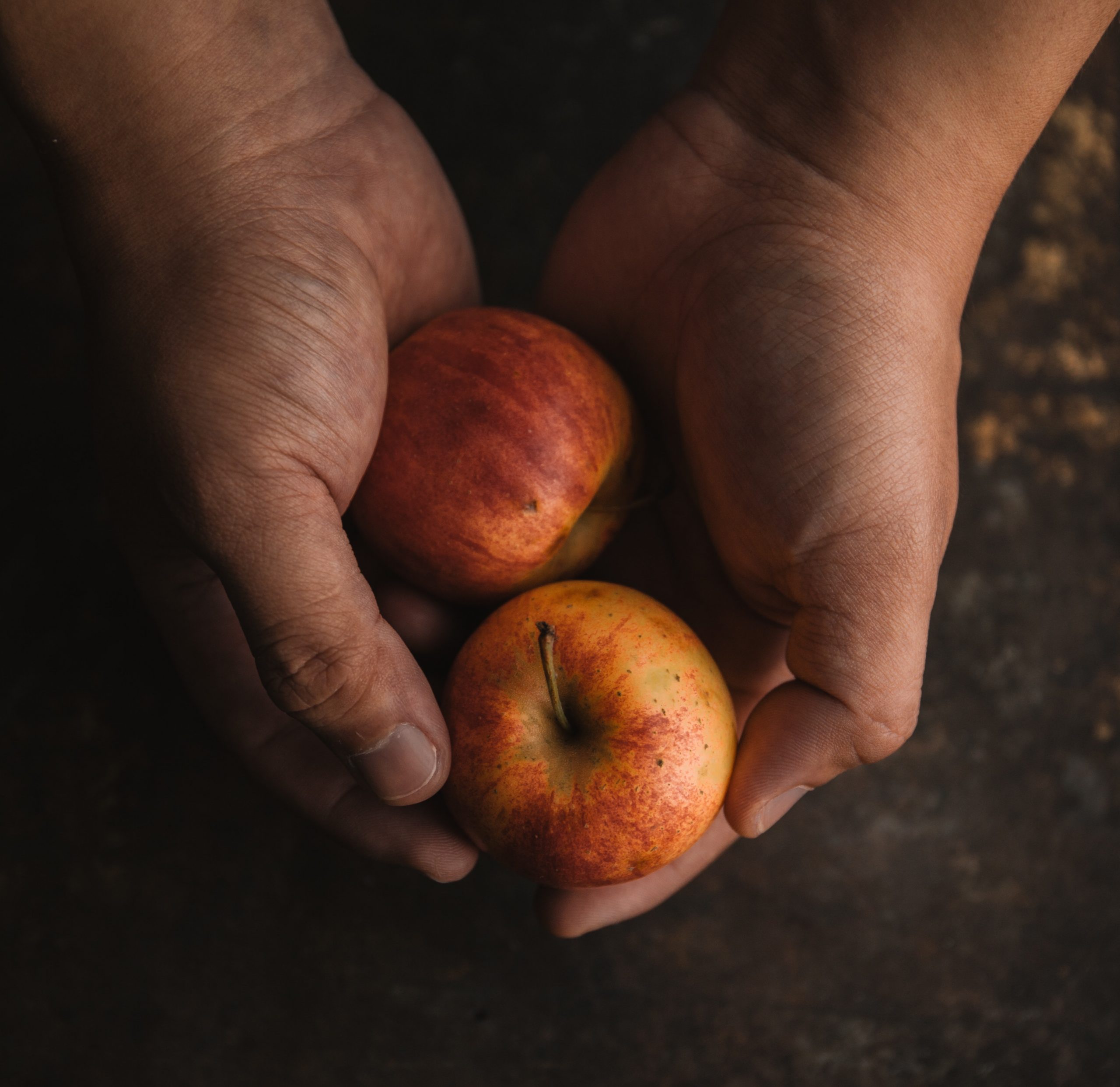Introduction
What comes to mind when you think of food? What does it mean to you?
Maybe it is this morning’s breakfast, essential fuel grabbed as you ran out the door to make it to work or class on time.
Or perhaps it’s the smell of food cooking in your childhood kitchen, building anticipation for a meal to be shared with family.
Maybe it is the feeling of soil crumbling between your fingers as you prepare a garden bed for the first seeds of spring, each one a promise of fresh food for the months to come.
Or perhaps it is the thought of navigating your grocery cart down fluorescent-lit aisles at the grocery store, wondering what to choose and how to stay within your budget.
Maybe you think of food as a collection of nutrients, tiny molecules that will nourish and energize you, defend your health, and fuel your brain.
Or perhaps you think of the food traditions of your family’s culture, recipes shared for generation upon generation, over decades of change.
Maybe you think primarily of feeding yourself. Or perhaps you’re already planning what to cook for your large family tonight.
Maybe food is a collection of sweet memories for you. Or perhaps your relationship with food is more complicated, one of struggle and control.

Maybe the meaning of food is bigger than you and your family. Perhaps you think of how to best feed patients in a hospital, to nourish children in a school, or to get food to elderly shut-ins looking for a warm meal and a friendly face. Or maybe you think of how food production affects the environment, workers, and communities. Perhaps you wonder how we’ll feed the world as the population grows and the climate warms.
Food is all of these things and more. It is a basic human need that permeates every day of our lives. The choices we make about food can affect something as small as the cells in our body and as large as the environment around us. We can’t cover every facet of food in this book, but what we can do is give you a foundation on which to understand the science of food and nutrition and how to apply it in your everyday life.
We originally developed this book for our students in FN 225, our course in human nutrition at Lane Community College in Eugene, Oregon. Our students come from all walks of life, and we know they each carry their own meaning of food and come into our class with different goals. Many have their sights on careers in the health professions, and others choose our class to be better-informed as they feed themselves and their families.
We’re glad to share this book as an open educational resource, or OER, with students beyond our college. In developing this OER, we leaned heavily on the previous work of other OER authors. In the spirit of open education, we’ve built on the foundation that they provided, updating it and tailoring the material to the needs of our students. In that same spirit, we’re sharing it so that others can benefit and to help reduce costs for students.
This OER is divided into units that roughly correspond to one week of learning in our 10-week course, with each unit comprising six to eight sections of information on the unit’s theme. When possible, we’ve embedded videos to expand upon and enrich the content of the text. Each section of the unit also includes self-check questions to test your comprehension as you read.
To students: We hope you enjoy reading and learning through this resource, and we wish you a lifetime of eating well!
A note to educators interested in using this resource:
As this is an OER, you are welcome to adopt this material and modify it as needed for your own teaching needs. We welcome your feedback, suggestions, and corrections regarding the text. If you plan to use this OER, we ask that you please contact Tamberly Powell at the address below, so that we can track where the resource is being used and contact you if there are updates. Instructors may also contact us for access to ancillary materials for each unit, including a guided notes document for student use and a question bank for instructor use.
Tamberly Powell, MS, RDN
Nutrition Coordinator, Lane Community College
Phone: 541-554-2196
Email: powellt@lanecc.edu
Image Credits:
Photo by Max D. Photography on Unsplash (license information)

